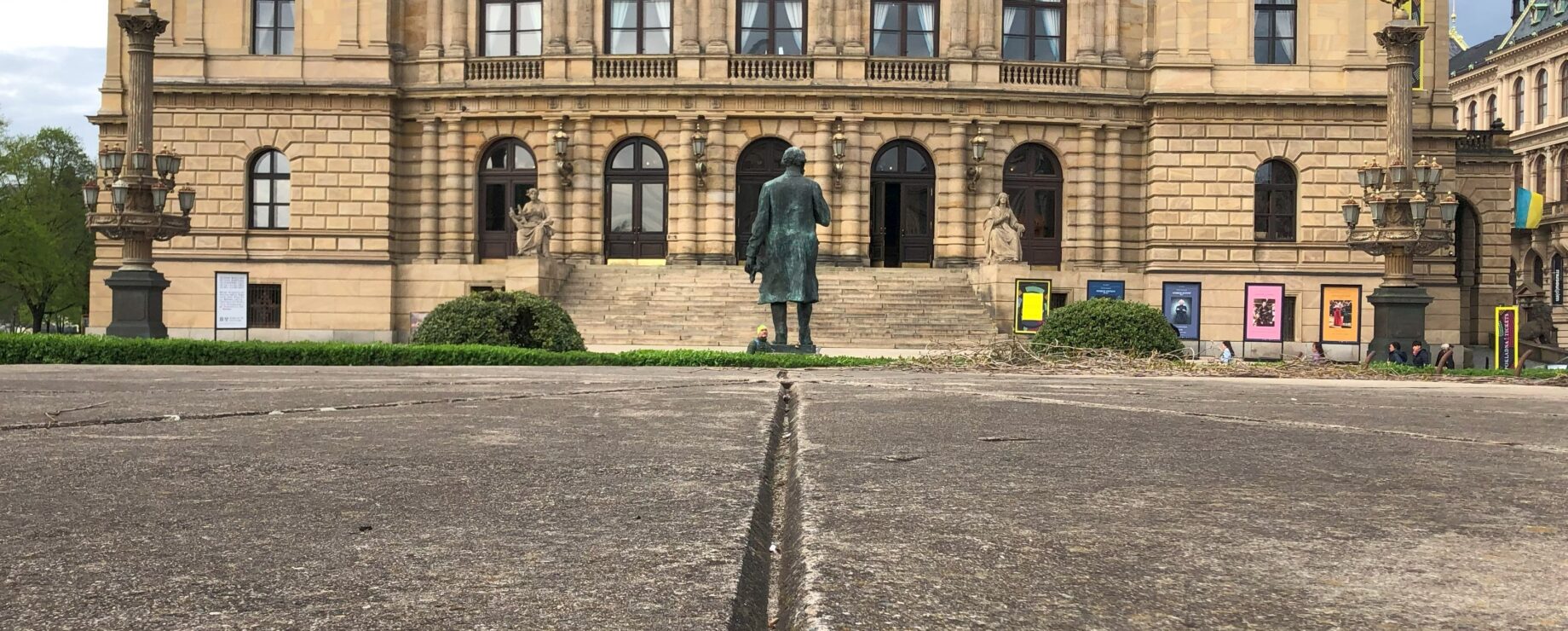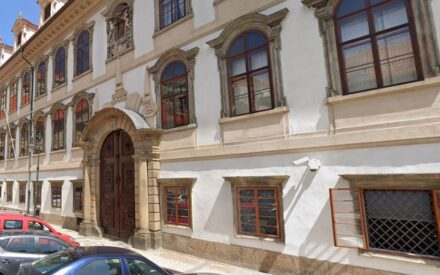
Women Politicians
Regardless of their nationality, most women in the Austro-Habsburg monarchy did not have the right to vote and they could not get actively engaged in politics.[1] This would not change until 1919, or more precisely February 1920 when the new Czechoslovak constitution confirmed that women were equal with men in terms of their political, social and cultural rights and granted the right to vote. There were ten women in the Revolutionary National Assembly that was formed in the autumn 1918, but none of them was of German nationality. The political parties representing the German, Hungarian, Polish and Ruthenian minority were not invited to participate in the state-forming activities in 1918–1920 and they themselves refused to participate.
In the first Czechoslovak election to the National Assembly (currently the Parliament) taking place in April 1920, women were listed among the candidates of the political parties. Altogether, 13 women were elected as Members of Parliament (out of its 300 members) and 3 women were elected as Senators (out of 150 Senators), including the first representatives of the German minority. These were 3 Members of Parliament for the German Social Democracy of Czechoslovakia (Deutsche sozialdemokratische Arbeiterpartei in der Tschechoslowakischen Republik): Franziska Blatny, Irene Kirpal and Maria Deutsch, and one Senator for the German National Party (Deutsche Nationalpartei), MUDr. Emma Maria Herzig.
Even though women were officially given the right to vote and they were considered equal to men in the constitution, society only came to terms with these facts slowly. Women in politics were still regarded as something abnormal and often criticized for entering a realm intended for men only and doing so at the expense of the family and children. This approach was advocated not only by many men, whether those in the politics or the general public. Women in politics did not receive much support from other women either. Besides performing their functions in the Assembly or Senate, female politicians also had to defend their very position in the public life.
One of the topics proposed by women in both Czech and German political parties was the ban of waged breast-feeding. This mostly applied to poor mothers who were hired for this service by richer families and as a result, some of them did not have enough milk for their own children. This proposal promoted by women across the whole political spectrum was the only one to be adopted. Other proposals included the ban on dismissal of a pregnant employee, granted maternity leaves for six weeks before and after the childbirth and two paid half-hour breaks for breastfeeding after their return to work. There were also proposals for a guarantee of equal access for men and women to managerial roles in offices and schools (this requirement was made difficult mainly by the economic crisis and related measures adopted by the Government which reduced the benefits of women married to public servants), reduction of prostitution and decriminalization of abortions (as proposed mainly by the social democrats) and many others. Very few of these proposals were pushed through though.
Members of Parliament and Senators representing German parties in the interwar period:
German Social Democracy in Czechoslovakia (Deutsche sozialdemokratische Arbeiterpartei in der Tschechoslowakischen Republik)
Members of Parliament
- Maria Deutsch
- Fanni Blatny
- Irene Kirpal
Senators
- Anna Perthen
- Betty Schack
German National Party (Deutsch Nationalpartei)
Member of Parliament
- Josefine Weber
Senator
- Emma Maria Herzig
The Communist Party was not divided on the national basis in the interwar period, and so several women of German nationality were elected as its MPs and Senators, including Karla Preiferová / Caroline Pfeifer (a perfectly bilingual woman from a Czech-German family) and Elvira Kuhn.
[1] The electoral regulations for the Czech Provincial Assembly did not explicitly ban women to run in the elections. In 1908, three women took advantage of this and stood in the assembly election, but they did not win the seats. In 1912, the Czech writer Božena Viková Kunětická won the seat in the Czech Provincial Assembly and became the first female politician in Central Europe. Nevertheless, she was not allowed to enter the Assembly premises and thus prevented from performing her function. For more, see for example: https://padesatprocent.cz/cz/prvni-ceska-poslanykne-bozena-vikova-kuneticka.
After the establishment of the Czechoslovak Republic in 1918, the Rudolfinum housed the Chamber of Deputies of the National Assembly.
Další místa na téma "Notable Women of German-Speaking Prague"



